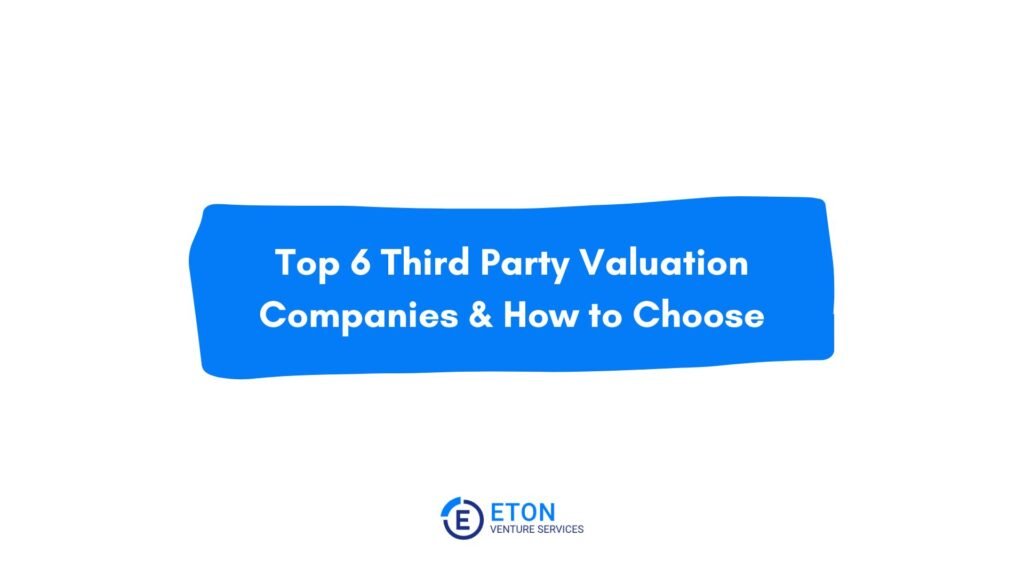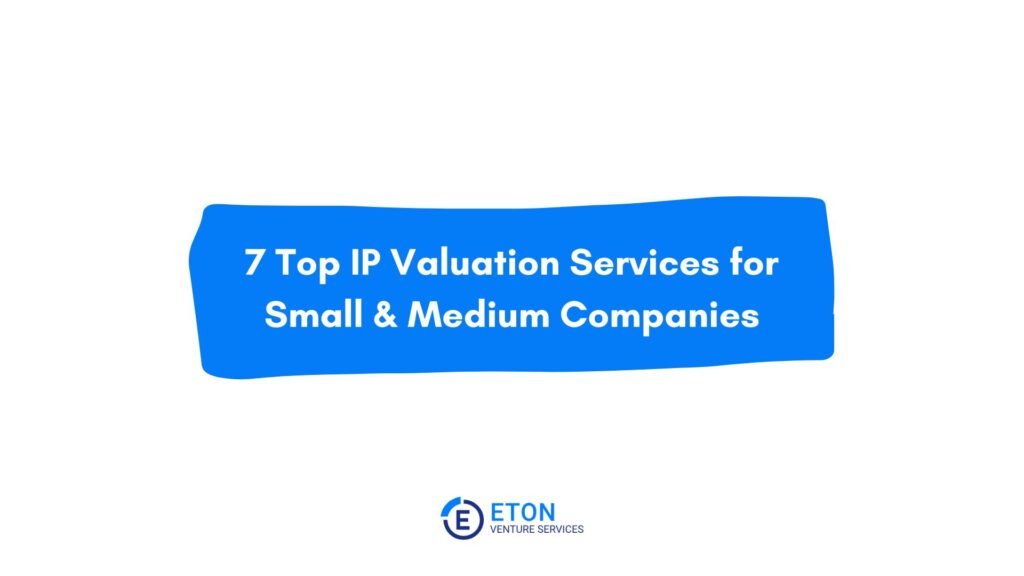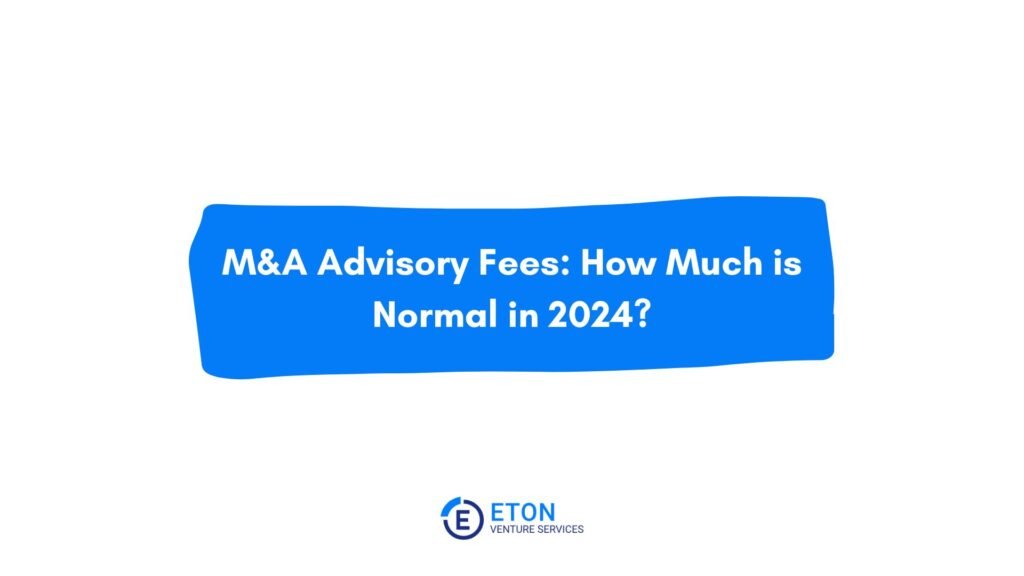Adequate Disclosure, Unlimited Peace of Mind: Understanding IRC Section 6501 for Gift Tax Returns
In the realm of gift tax returns, an understanding of IRC Section 6501 is essential for individuals aiming to achieve unlimited peace of mind. Adequate disclosure plays a vital role in ensuring compliance with this section of the Internal Revenue Code. A comprehensive overview of IRC Section 6501 for gift tax returns will provide a solid foundation for navigating this complex field.
A Comprehensive Overview of IRC Section 6501 for Gift Tax Returns
IRC Section 6501 is a crucial provision that governs the statute of limitations for assessing gift taxes. Understanding the intricacies of this section is essential for taxpayers to navigate the complex world of gift tax returns. By learning the ins and outs of the details of IRC Section 6501, individuals can gain a comprehensive understanding of the rules and regulations that govern this area of tax law.
Under IRC Section 6501, the Internal Revenue Service (IRS) is granted a specific timeframe within which they can assess additional tax liabilities for gift tax returns. This timeframe is set at three years from the date the gift tax return is filed. This means that the IRS has a limited window of opportunity to review and evaluate the information provided in the gift tax return and determine if any additional taxes are owed.
However, it is important to note that the statute of limitations outlined in IRC Section 6501 can be extended or, in some cases, completely eliminated due to inadequate disclosure. Inadequate disclosure refers to situations where the taxpayer fails to provide complete and accurate information in their gift tax return. This can include omissions, misrepresentations, or any other form of incomplete disclosure that may hinder the IRS’s ability to assess the correct amount of tax owed.
Adequate disclosure, on the other hand, serves as a protective shield against unexpected tax assessments and penalties. By adhering to the guidelines outlined in IRC Section 6501 and ensuring that all necessary information is disclosed in the gift tax return, taxpayers can bolster their case and enjoy the benefits of unlimited peace of mind. Adequate disclosure not only helps taxpayers avoid potential penalties but also provides a clear and transparent picture of their gift tax liabilities, fostering a sense of trust and cooperation with the IRS.
It is worth mentioning that the concept of adequate disclosure is not a mere formality but a fundamental principle in the tax system. It promotes fairness and accuracy in the assessment of gift taxes, ensuring that taxpayers fulfill their obligations while also protecting their rights. By providing complete and accurate information in their gift tax returns, individuals can contribute to a more efficient and effective tax administration system.
Moreover, understanding the nuances of IRC Section 6501 can also help taxpayers make informed decisions regarding their gift tax planning. By being aware of the statute of limitations and the potential consequences of inadequate disclosure, individuals can take proactive steps to ensure compliance with the law and minimize their tax liabilities. This can involve seeking professional advice, maintaining meticulous records, and staying updated with any changes or updates to the tax code.
In conclusion, IRC Section 6501 plays a crucial role in governing the statute of limitations for assessing gift taxes. By understanding the provisions outlined in this section and adhering to the principles of adequate disclosure, taxpayers can navigate the complexities of gift tax returns with confidence. It is essential for individuals to stay informed, seek professional guidance when necessary, and fulfill their obligations to ensure a smooth and hassle-free tax filing process.
How Adequate Disclosure Can Help Ensure Unlimited Peace of Mind
Adequate disclosure is the key to preserving the benefits of limited assessments in the context of gift tax returns. By providing complete and accurate information, taxpayers can establish their good faith efforts toward transparency and compliance. This not only demonstrates their commitment to following the law but also serves as proof of their due diligence in preventing potential audits and penalties.
Moreover, adequate disclosure triggers the statute of limitations, which limits the IRS’s ability to reassess previous tax filings. By properly disclosing all relevant details of the gift, taxpayers can confidently proceed without the looming threat of an IRS audit.
Understanding the Specifics of IRC Section 6501
It is crucial to gain a comprehensive understanding of the specifics of IRC Section 6501 to navigate the gift tax landscape effectively. This section stipulates that a gift tax return must be filed within the prescribed timeline and must include proper disclosures based on the nature of the gift and its valuation.
When it comes to the valuation of gifts, taxpayers must exercise caution and employ proper gift tax appraisal methodologies. A comprehensive understanding of the rules and regulations governing gift tax valuations will further ensure compliance and protect against potential challenges from the IRS.
The Importance of Proper Gift Tax Valuations
An accurate valuation of the gifted property is essential in determining the appropriate gift tax liability. Inadequate valuations can lead to understatements, triggering inquiries and potential penalties from the IRS.
To avoid such pitfalls, it is crucial to engage experienced gift tax appraisers who possess the necessary expertise and knowledge to accurately determine the fair market value of the gifted property. By doing so, taxpayers can confidently adhere to the standards set forth in IRC Section 6501 and minimize the risk of costly disputes with the IRS.
Benefits of Engaging Experienced Gift Tax Valuation Experts
Experienced gift tax appraisers bring a wealth of knowledge and expertise to the table. By engaging their services, taxpayers can rest assured that their valuations will meet the rigorous standards set by the IRS.
Gift tax appraisers have a deep understanding of valuation methodologies, ensuring that the chosen approach aligns with the requirements of IRC Section 6501. These professionals can navigate through the intricacies of valuation theory, legal precedents, and market trends to provide a robust and well-supported valuation report.
Understanding the Three-Year Statute of Limitations for IRS Assessment of Gift Tax
IRC Section 6501 establishes a three-year statute of limitations for the IRS to assess gift tax liabilities. However, this timeline can be extended or, in some cases, eliminated due to various factors, including inadequate disclosure.
While the statute of limitations offers a measure of certainty and peace of mind, it is essential to understand the complexities surrounding its application. Failure to adhere to the disclosure requirements defined by IRC Section 6501 can leave taxpayers vulnerable to an extended or even unlimited assessment period.
How Adequate Disclosure Triggers the Statute of Limitations, Offering Peace of Mind
The concept of adequate disclosure triggers the statute of limitations, offering taxpayers protection against indefinite assessments from the IRS. By adhering to the disclosure requirements outlined in IRC Section 6501, taxpayers effectively set a time limit on the IRS’s ability to reassess their gift tax liabilities.
Through timely and comprehensive disclosure, individuals can confidently proceed, knowing that the statutory clock has started ticking. This assurance allows taxpayers to focus on other aspects of their financial planning without fear of prolonged IRS scrutiny or mounting assessments.
“Substantial Compliance” and Its Implications for Adequate Disclosure
IRC Section 6501 recognizes the concept of “substantial compliance” with the disclosure requirements. While strict adherence to the guidelines is essential, the IRS acknowledges that minor deviations may not invalidate the adequacy of disclosure.
However, taxpayers should not rely solely on the concept of substantial compliance. Instead, it is prudent to aim for comprehensive and accurate disclosures to ensure maximum protection and minimize any potential disputes with the IRS.
A Step-by-Step Guide to Adequate Disclosure for Gift Tax Returns
Ensuring adequate disclosure for gift tax returns involves several key steps that taxpayers need to follow meticulously. By understanding and executing these steps, individuals can mitigate the risk of unexpected tax assessments and strengthen their case for unlimited peace of mind.
Key Elements of Adequate Disclosure Under IRC Section 6501
Proper disclosure of gifted property requires attention to detail and comprehensive documentation. To achieve adequate disclosure, taxpayers must focus on the following key elements:
- Description of the Gifted Property: Be specific and detailed in providing information about the nature and characteristics of the gifted property. This includes details such as the type of property, its condition, and any unique or distinguishing features.
- Valuation Methodology: Explain the rationale behind the chosen valuation approach for determining the fair market value of the gift. Provide a clear and well-supported analysis that adheres to established valuation principles and IRS guidelines.
- Supporting Documentation: Appraisals, financial statements, and property records must accompany the gift tax return to substantiate the disclosed value. These documents should be accurately prepared, reliable, and compliant with applicable regulations.
Failing to address these key elements of adequate disclosure can jeopardize the taxpayer’s position and lead to unintended consequences, including IRS audits, penalties, and extended or unlimited assessment periods.
Attaching Additional Documents and Clarifications for Complex Transactions
In cases involving complex transactions or intricate gift arrangements, attaching additional documents and clarifications can be crucial to achieving adequate disclosure. These supplemental materials provide context and enhance the taxpayer’s ability to demonstrate full transparency to the IRS.
By providing a clear and comprehensive narrative that outlines the intricacies of the transaction, taxpayers can preemptively address potential concerns or questions from the IRS, further strengthening their case for adequate disclosure.
Practical Steps for Ensuring Adequate Disclosure & Avoiding Scrutiny
While understanding the theoretical aspects of adequate disclosure is essential, practical steps must also be taken to ensure compliance and avoid unnecessary scrutiny. By following these steps, taxpayers can confidently navigate the gift tax landscape:
- Engage Professional Guidance: Seek the assistance of experienced tax professionals and gift tax appraisers who can provide expert advice on complying with the requirements of IRC Section 6501.
- Maintain Detailed Recordkeeping: Document every aspect of the gift, from its initial conception to its completion. This includes preserving all relevant receipts, records, appraisals, and financial statements for future reference.
- Conduct Regular Reviews: Periodically review your gift tax returns to ensure ongoing compliance. This can help identify any potential gaps or discrepancies that need addressing.
- Stay Informed: Stay updated on changes to gift tax regulations and IRS guidelines. This ensures that your disclosures align with the latest requirements, reducing the likelihood of noncompliance.
By diligently adhering to these practical steps, taxpayers can proactively maintain compliance with IRC Section 6501, significantly reducing the risk of IRS scrutiny, assessments, and penalties.
Taking Advantage of Tax Benefits with Adequate Disclosure
Adequate disclosure goes beyond mere compliance – it also allows taxpayers to take full advantage of the tax benefits associated with gift tax planning. By understanding and adhering to IRC Section 6501, individuals can confidently explore various gifting strategies, knowing that they have laid a solid foundation for unlimited peace of mind.
Through thorough valuations, accurate disclosures, and timely filing of gift tax returns, taxpayers can optimize their tax planning efforts while minimizing their exposure to potential tax liabilities. Adequate disclosure thus provides the gateway to unlocking a world of tax benefits and financial peace of mind.
Conclusion
Adequate disclosure is the cornerstone of achieving unlimited peace of mind when it comes to gift tax returns. Understanding the intricacies of IRC Section 6501, valuations, and disclosure requirements empowers taxpayers to navigate this complex field with confidence.
By engaging experienced gift tax appraisers, adhering to disclosure guidelines, and following practical steps to ensure compliance, individuals can protect themselves from unforeseen tax assessments and penalties. With adequate disclosure, taxpayers can find solace in the knowledge that their gift tax returns meet the requirements prescribed by the IRS, providing them with the peace of mind they deserve.
Eton Venture Services: Expertise in Navigating Appraisal for Estate Tax Purposes
At Eton Venture Services, our team of dedicated professionals is committed to upholding the highest standards of integrity, objectivity, and independence. With our extensive experience and expertise in valuation methodologies, we can help you navigate even the most complex estate and gift tax valuation.
Learn more about our estate and gift tax valuation services and how our expertise in the latest legal developments can help you navigate the complexities of estate and gift tax cases. Secure your estate’s future with the trusted guidance of Eton Venture Services.








